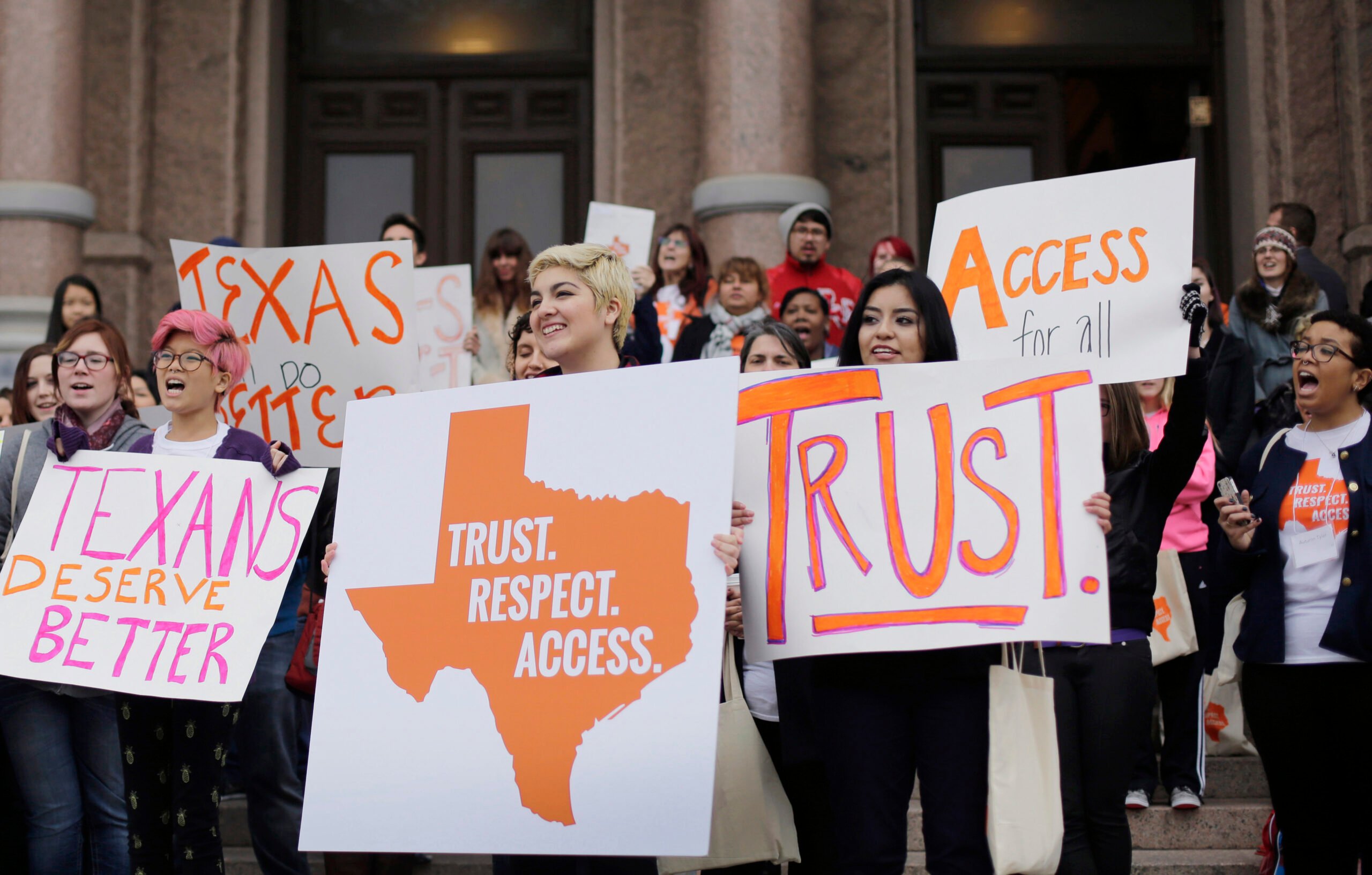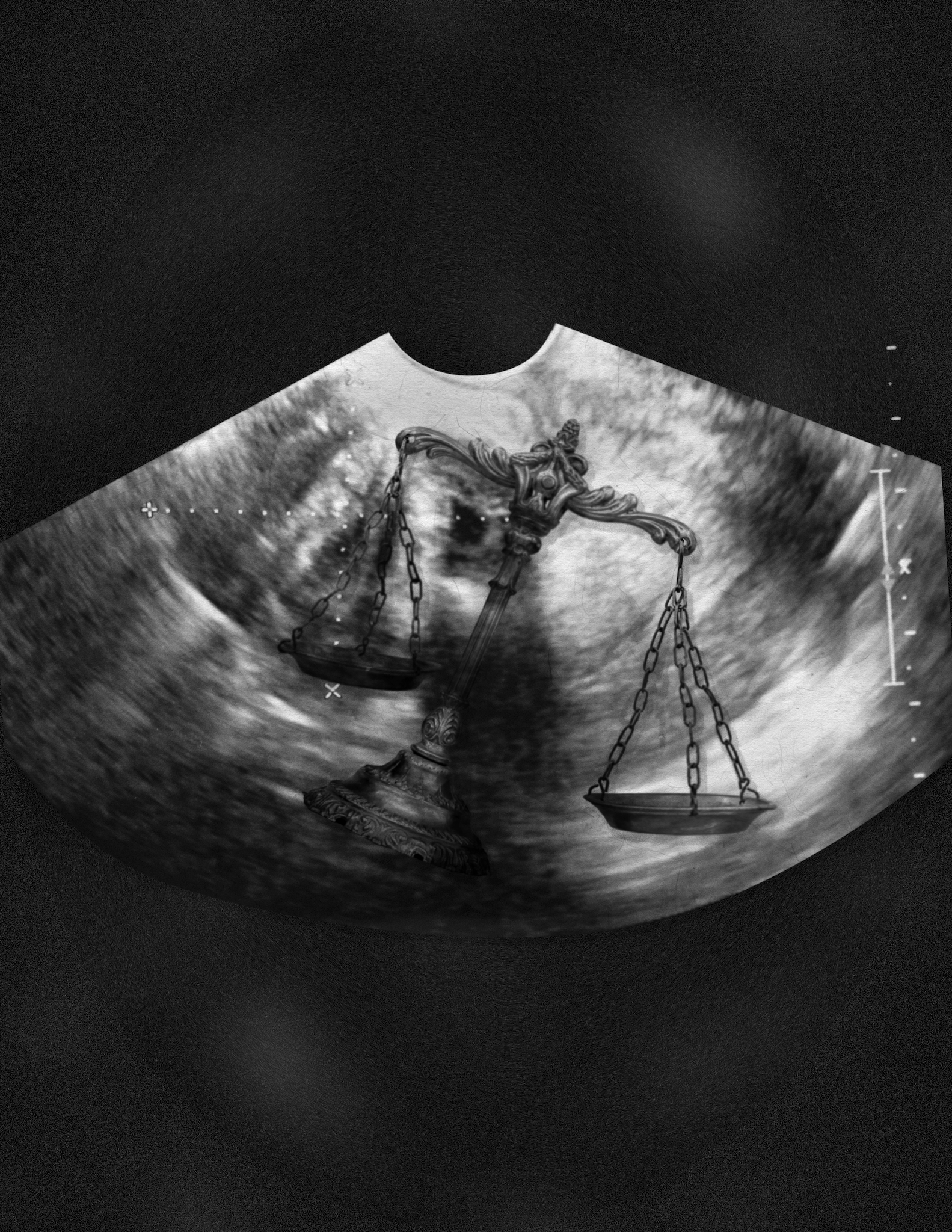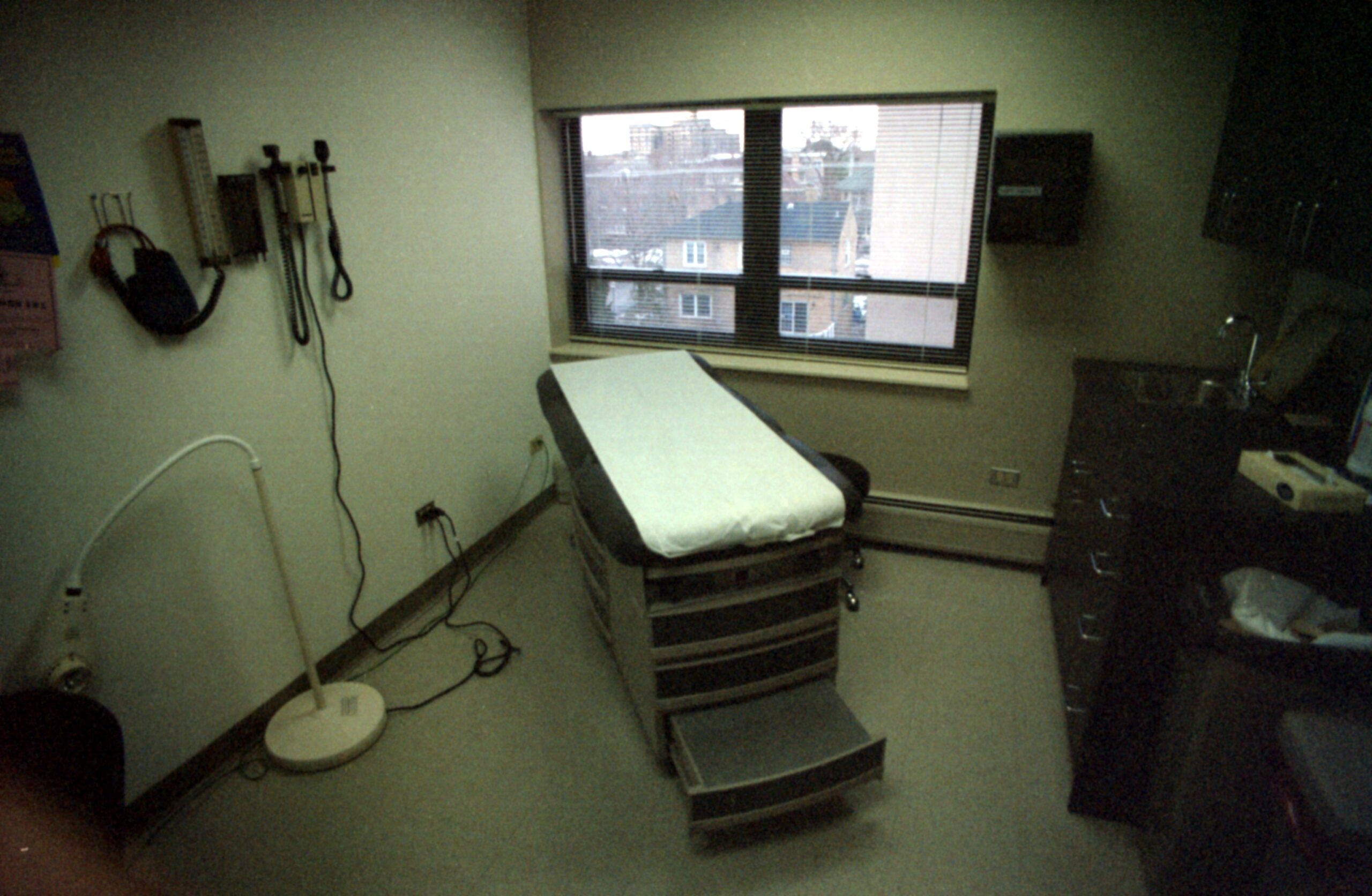For Women’s Health in Texas, a Week of Mixed Emotions
Pre-abortion sonogram law won't be implemented for now, but budget cuts to family planning remain

Just two days before the Texas Legislature’s new laws take effect, pro-choicers across the state got some good news—the infamous sonogram law can’t be implemented until the court case around it is settled. But that hardly makes this a happy week for women’s health advocates. They’ve got to brace for drastic funding cuts across the state starting Thursday.
Tuesday, Austin’s U.S. District Court decided the controversial pre-abortion sonogram law will not take effect, at least for now. The law, designated as an emergency issue by Gov. Rick Perry and therefore fast-tracked during the session, required that women seeking an abortion get an ultrasound 24 hours before the procedure, or 72 hours before if she lives in a rural area. It also mandated that the physician performing the abortion describe the sonogram image to the woman, as well as show her the image and play the fetal heartbeat. Only those who are victims of rape, incest or know their fetus has an abnormality can opt out of all that.
Federal Judge Sam Sparks ruled in favor of the Center of Reproductive Rights, a New York based organization that challenged the new law in early June. The center argues “that the ultrasound requirement violates the First Amendment rights of both the doctor and the patient by forcing physicians to deliver politically-motivated communications to women regardless of the woman’s wishes.” His decision upholds the Center’s request for a preliminary injunction, which means the law won’t take effect until the case has been decided on.
“The Act compels physicians to advance an ideological agenda with which they may not agree, regardless of any medical necessity, and irrespective of whether the pregnant women wish to listen,” Sparks wrote as part of his decision. It’s also worth noting that in August, Sparks rejected two supporting case briefs filed on behalf of the bill’s authors, Sen. Dan Patrick and Rep. Sid Miller. (You can read about that in a recent BurkaBlog post, which contains some pretty entertaining language written by Sparks, here.)
Gov. Rick Perry may be off on the campaign trail, but did fire off a press release to lament the news about one of his most treasured new laws from this session.
“Every life lost to abortion is a tragedy and today’s ruling is a great disappointment to all Texans who stand in defense of life,” he said. “This important sonogram legislation ensures that every Texas woman seeking an abortion has all the facts about the life she is carrying, and understands the devastating impact of such a life-changing decision.”
But while this news from the courtroom pleases the law’s many opponents, across the state, those who support family planning have little else to applaud.
Thanks to budget cuts and changes to funding, six Planned Parenthood health centers and nine independent family planning providers statewide learned they are losing state funding for the first three months of the 2012 fiscal year, beginning Thursday. Those 15 clinics will lose out on rollover funds from 2011 and family planning money appropriated by the legislature for the new fiscal year.
These are just the immediate effects of decisions made during the session. Lawmakers slashed a whopping two-thirds – almost $67 million – of state dollars available for contraception and reproductive healthcare for poor women. What remains is a measly $32 million, which is supposed to serve a population of hundreds of thousands of women over the next two years. During the session, the Legislative Budget Board estimated almost 300,000 women will lose services once these cuts take effect.
On top of that, the Legislature voted to prioritize that money. Clinics like Planned Parenthood and other independent ones that provide solely family planning services are last on that priority list, even though they see the most women for family planning services (First on the priority list are public entities like county and local health districts, while clinics that provide primary and comprehensive care are second). Though this initial loss is just for the months of September, October and November and clinics can still apply for the rest of the fiscal year, it’s not a good indicator of what’s to come.
The loss of initial funding “doesn’t bode well for the rest of the fiscal year,” said Sarah Wheat, interim CEO for Planned Parenthood Capitol Region. “This isn’t theoretical or political anymore, it’s real life starting this Thursday.”
Clinics statewide will now have to cope with reduced or no public funding by turning patients away, minimizing staff or closing their doors altogether. Fran Hagerty, executive director of the Women’s Health and Family Planning Association, wrote via email that 11 clinics will close or have already. Planned Parenthood North Texas is closing seven. And that’s the just for right now. Closures will begin at the end of September and clinics like Planned Parenthood in downtown Austin plan to alert clients to budget changes starting this week.
These budget cuts seem more ideological than logical. On a perpetual quest to stick it to Planned Parenthood, conservative lawmakers and anti-abortion groups pushed for cuts to family planning services throughout the session to ensure Planned Parenthood didn’t get any public funding, even though state funds can’t legally be used for abortion. But these cuts will undoubtedly lead to more and expensive unplanned pregnancies, and likely more abortions – the exact thing pro-life groups and conservative lawmakers want to prevent.


